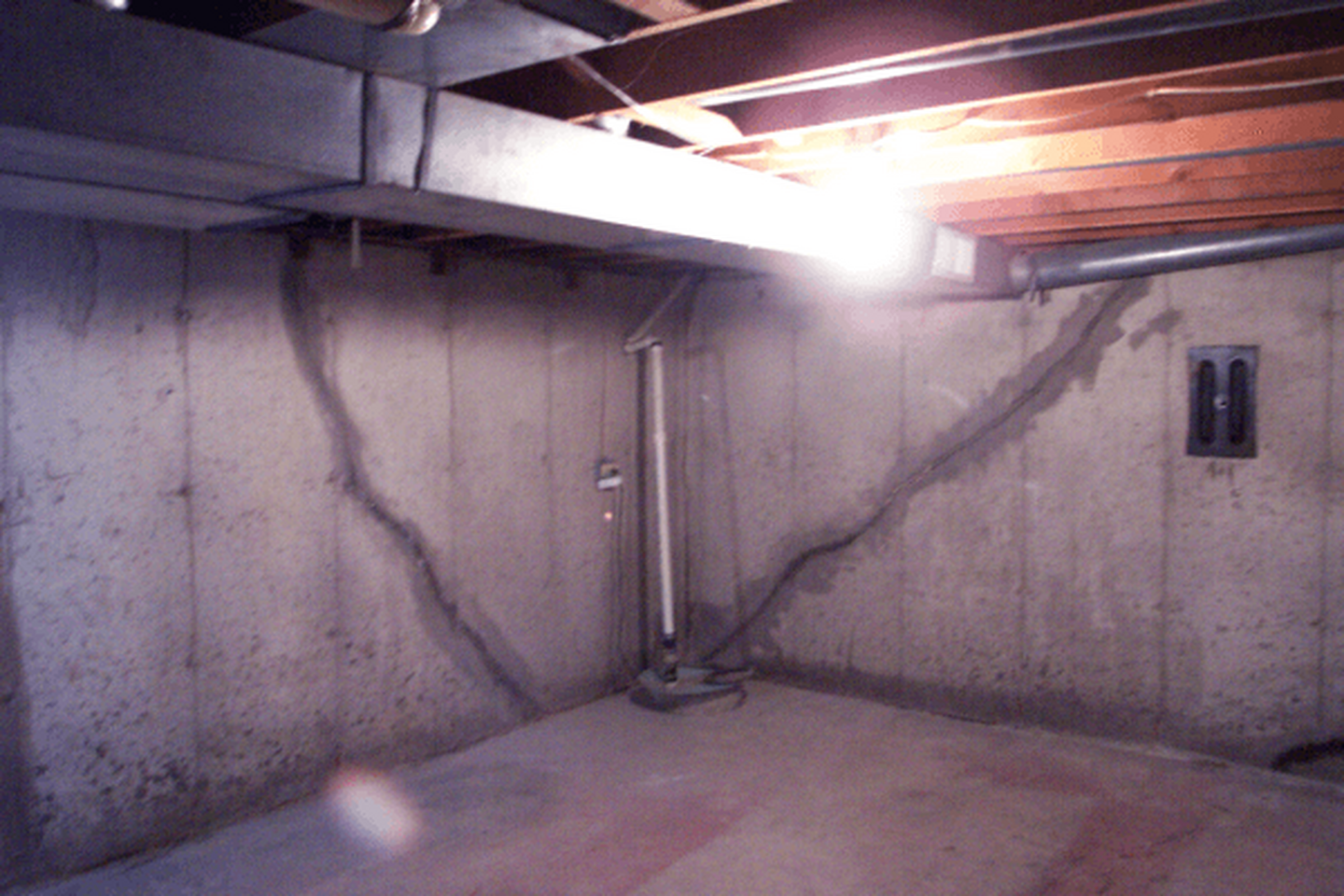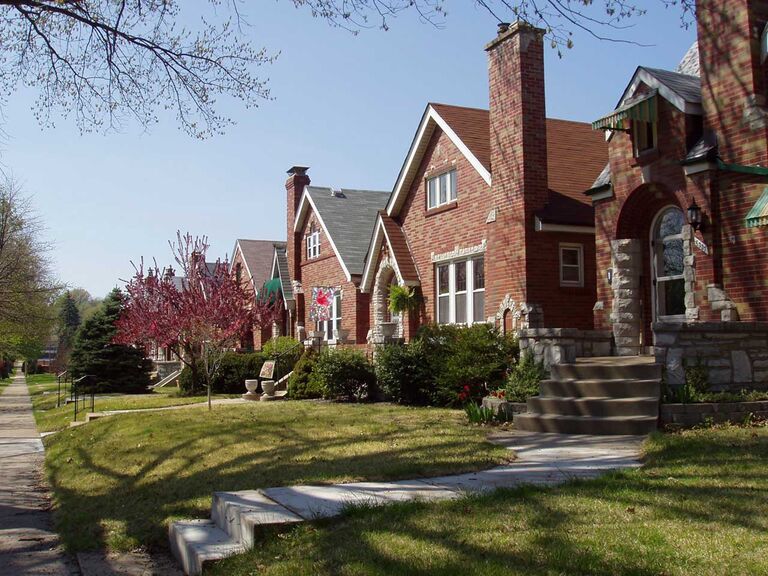Cracks in Basement Walls — Why a Foundation Cracks

Next time you’re in your basement, take a look around at your foundation walls. You are bound to find a crack. Why? Cracks in basements happen!
Builders approach us all the time to help them fix the foundations they just poured. It’s not that they do a bad job — it’s just the nature of the beast.
Chicago may be known as the Second City, but we are first in the number of poured concrete foundations in the country. Having waterproofed over 300,000 basements and crawlspaces since 1957, we’ve seen it all. I often joke around that we should be in the Guiness Book of World Records for repairing the greatest number of foundation wall cracks.
Okay, so no one likes a bragger. But if you are reading this blog, and you want to have a better understanding of why cracks happen, this should provide you with a little insight.
Reasons for Cracks in Basement Walls:
Stress Points
Anytime you core thru the wall for installation of sewer, electric and gas lines, it weakens the concrete, which can result in cracking. Cracks are also commonly found angling off corners of basement windows. These areas are usually the first place we look when conducting a foundation analysis.
Soil Saturation
In simple terms, soil saturation = wet ground. Your basement walls are supported by footings. The footings are at the base of the walls, and hold up your house. When the soil under the footings becomes oversaturated, the footings “settle”, causing the walls to crack. Oversaturation can also cause the earth next to your foundation to expand in volume. Many foundations aren’t built to withstand that extra pressure. The excess weight of the soil can force the walls to push inward. This is identified by diagonal cracks coming off corners. The leading causes for oversaturation are improper grading, bad gutters or the need for underground sump pump and downspout extensions.
Drought
On the other hand, not enough moisture in the soil can also cause foundation cracks. When the soil is desiccated, in other words, when moisture is drawn from the soil, usually as the result of a drought, the soil itself will shrink and cause foundation walls to shift outward and footings to settle. Such soil desiccation occurs when trees, shrubs and other plantings near the foundation send root systems deeper into the ground in search of moisture, drawing it from the soil in areas that normally remain untouched.
Concrete Shrinkage
Yes, George Constanza — shrinkage! The science of pouring concrete involves many factors and variables. Since water is used when concrete is mixed, there is an inherent expansion and subsequent contraction of the concrete when it dries. Many factors can affect the drying process, including the type of aggregate, mix of the concrete and humidity levels.
Timing
In life, timing is everything. Same holds true for concrete. Imagine your builder ran short on concrete when pouring your foundation — and the next ready mix truck didn’t arrive until the first batch started to harden. Your foundation would no longer be monolithic (one piece) at that point. A cold joint would naturally form, allowing water to easily seep through.
Death and taxes are two certainties in life. Often, so is a cracked foundation. Fortunately, the solution is usually very simple, especially for a company that belongs in Guinness Book of World Records.




